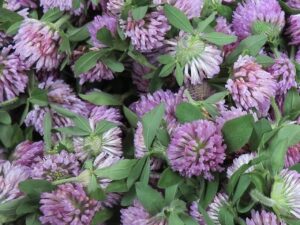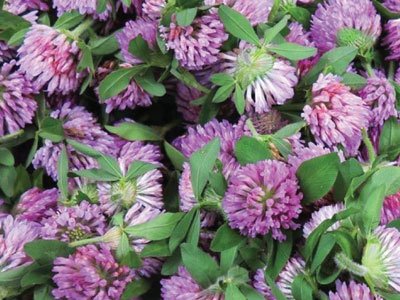 |By Steven Martyn|
|By Steven Martyn|
Herbalism, like many traditional skills that were essential to our very survival and our well being for thousands of years, has been reduced to a quaint hobby by industrialization. Yet, I believe many of us feel the pull of this ancient art in our bones. And with the toxicity of modern life and the failings of allopathic medicine, it also clear to many of us that herbalism is just as essential today as it ever was.
For the vast sweep of our existence here on Earth we lived with the herbs. They have always been there when we needed them. They’ve saved us and helped us grow countless times like a good older brother. For thousands of years everybody knew the common uses for what we call “weeds” as food and medicine. Our information came from our elders, who were the authority, without question, and so we had complete faith in them. When we think about how that would have been, we can feel that we have lost much and much has been taken away. We have a long way to go to get back to such understanding and unconditional faith.
I have studied, lived and taught about using local plants for some time now, so I can tell you with some authority that modern herbalists are only working with a few shards of what was once a beautiful living Covenant between ourselves and the plant world.

Our level of poverty and misunderstanding about something that lay at the core of our culture and our existence didn’t just happen accidentally or overnight. The deconstruction of this knowledge, which linked us with the wild world, happened by design and in stages over millennia.
The last stages of this alienation from our legacy happened when the traditional or what has come to be called the “common” names of plants were made into Latin, and the healing power of Nature was claimed by the church. But this western tradition of renaming, to appropriate, was started by the Greeks long before the Roman Church. What was wound-wort, became Hypericum and then St Johns wort. The plants were botanized, pressed between sheets of glass and removed from their living context, human culture and ecology. And there they have stayed. The last and final stage of this process, of removing the magical healing properties of plants from ‘the people’, is happening right now, as North American and other “first world” governments are implementing laws saying that the use of herbs for medicinal reasons must be completely regulated; and that every herb must have a Drug Identification Number and Lot number. This is an outrage beyond belief; so let me be counted amongst those shrieking that the Emperor is wearing no clothes!
As I have elaborated on in past writings, herbalism comes from a time when we all lived in a shamanic way with the Earth. Yet we continue in everyway possible way to diminish this legacy of direct knowledge, proven to work over thousands of years. We do this through our demands that herbs be scientifically understood and justified. I am not against this way of understanding, I think science has it’s place. What I am against is science and industry having complete dominion over this ancient being we call herbalism.
Herbs, like people, are complex multi-dimensional beings, which is to say we all have many different capacities. It would be a great mistake to think a herb or somebody is just one thing. I’m not talking about a herb’s primary and secondary actions, don’t go there, that’s just science talking again, trying to put big things in little boxes so we can fool ourselves into thinking we understand and own the knowledge. Plants are just like us, they have their functional everyday things that they do, but also have the capacity to do so much more. Just like us, plants have a higher calling or special purpose that may be hidden. We are all just regular folks doing our everyday thing, going to work taking care of kids and gardens, but then we are also a divine singer, healer or artist that our kids and workmates may have never seen. As humans we must learn to recognize each other and the plants and animals around us in this way. The commonness of everything is just an illusion. Everyone and everything is part of a bigger multi-dimensional being.

Because we have been preconditioned by modern allopathic medicine, we tend to only think of herbs, like we would manufactured medicine – for acute conditions. But at least half of what herbalism is really about is the everyday maintenance of our good health. And, on the other end of everyday uses, herbalism, unlike allopathic medicine isn’t always meant to cure or just suppress symptoms, but accepts old age and chronic conditions brought about from the wear and tear of life, and makes them more liveable.
Many of the herbs that surround us, like clover, yarrow and mullein have everyday uses to keep us healthy, as well as having special talents and powers capable of healing acute conditions.
For example, Clover is the friendly one. Nibbled or as a tea she nurtures us and cleans our blood. But if she is boiled for couple days down to a paste, then she is capable of pulling a cancerous tumor from within our body, right through our skin. Yarrow is a great daily bitter and tonic, excellent for immunity and digestion when nibbled or taken as a tea, but when applied in a different way for acute conditions can also break a high-fever that could kill someone or save someone with a severe wound from bleeding to death. Mullein, smoked or in tea can help regulate mucus flow and clear our lungs but she is also capable of healing our bones, pneumonia, or a stabbing painful earache.
There is a parade of healers, an assembly of Kings at our feet. It is our responsibility to once again, learn how recognize and work with these divine beings.

